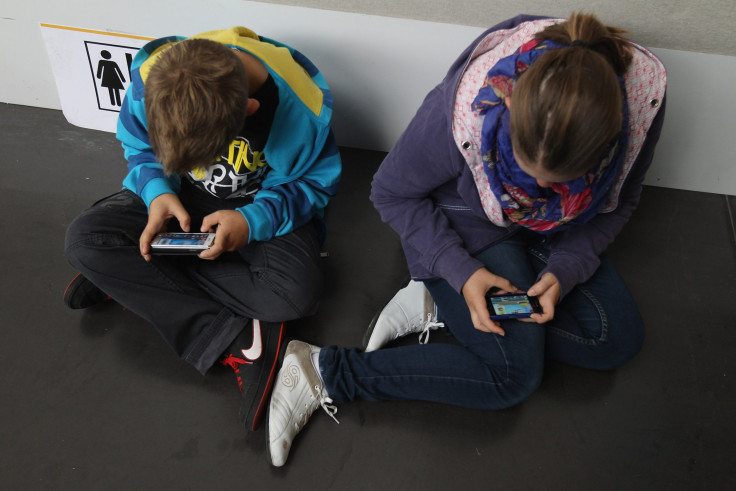How To Keep Your Children Safe From 'Suicidal' Online Games?

How often have you seen your children spending almost all their time playing online games? And do you keep a check what games they are actually playing?
Sometimes, parents feel that they have control of what their child is viewing online or what kind of online games their kid has access to, however, the virtual world is constantly exposing teenagers to a host of things. A teenage suicide game named the Blue Whale challenge has been trending around the world for a long time. Apparently, the game is a suicide pact and it challenges players to carry out life-risking tasks over a span of 50 days with the last task being suicide.
The game, which originated from Russian-speaking social media, has reportedly been linked to more than 100 child and teenage suicides in Russia, Central Asia, and Europe.
On July 29, a 14-year-old boy from India texted his friend: "I am going to the building to jump." But, before anybody could raise an alarm or act on his words, he had already jumped off the fifth floor of his building. The police started its investigation and it was found that the suicide was probably linked to the killer Blue Whale game floating on the internet, reports said.
In July, another 16-year-old girl from Atlanta committed suicide after what her family believed was the effect of playing the Blue Whale game, a report said.
Another internet dare called the Cinnamon Challenge which was popular among the children and adults a few years ago was also believed to be risky as it involved attempting to swallow a tablespoon of cinnamon powder in 60 seconds without liquids.
According to a paper published in the journal "Pediatrics" — a peer-reviewed medical journal published by the American Academy of Pediatrics -- in April 2013, around 200 calls were received by the U.S. poison control centers where cinnamon misuse among teens was reported. These calls were received during the first half of 2012 and 30 of those cases also needed medical attention, Forbes reported.
The challenge was hazardous to health as pointed by the corresponding author, Dr. Steven E. Lipshultz of the University of Miami School of Medicine. He said the combination of cinnamon's caustic chemical and indigestible cellulose matrix makes the practice particularly damaging to the lungs.
The idea of this dare had been circulating for years but got more popular when YouTube intensified the concept since 2010.
In the case of a freshman Dejah Reed at a high school in Michigan, she had to be hospitalized with a collapsed lung after inhaling cinnamon during a challenge gone wrong, NPR reported.
Her father, Fred Reed said that Dejah couldn't breathe at all. "Be mindful of what would happen off of such games," he warned parents and kids," the report said.
So, how can parents save their children from the dangerous online games? Unicef India report suggests some ways of keeping your child safe online.
Some of them are:
1) Ensure that your child has access to those sites that are age appropriate and do not promote unethical behavior or violence.
2) The child should also surf the Internet when he/she is amid family members.
3) Try to explore the online world with your child together. By engaging in interesting activities, you can demonstrate ethical and safe online behavior to your children.
4) Use parental controls on all devices that your child uses.
5) Keep a check on the amount of time your child spends on his/her online activities.
6) Try to be conscious of your own online activities.
7) If any activity of your child bothers you, try to share these concerns with other parents who can provide you with possible solutions.
8) Be updated with recent internet phenomena.
9) If you notice any unusual changes within your child, start monitoring closely his/her online activities. Talk to school authorities or consult a child psychologist.
David Emm, the senior security researcher at internet security company Kaspersky Lab, spoke about discussing online safety with children.
"I think one of the key things is to start the process of discussing online safety with your children at an early age when they start to do anything that involves the Internet," Emm said, according to The Guardian.
© Copyright IBTimes 2025. All rights reserved.






















